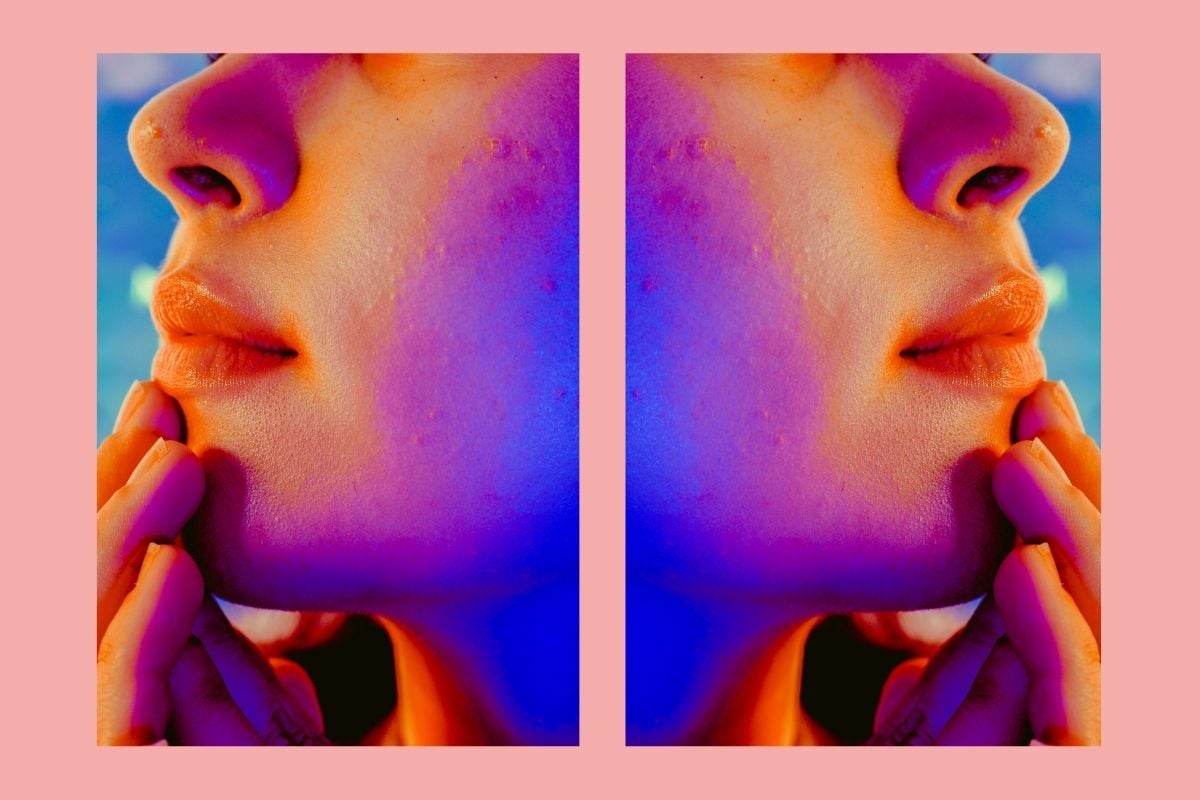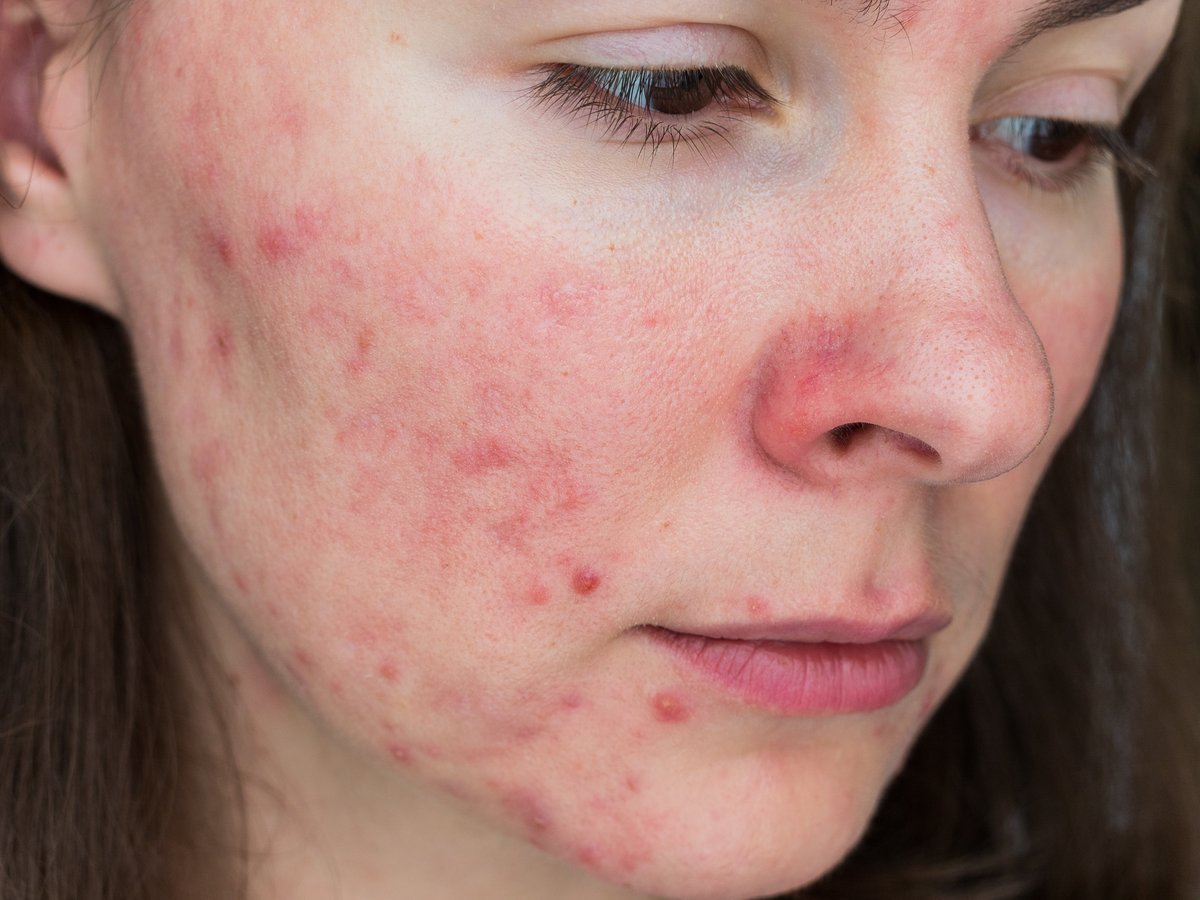
Having a long-term relationship with breakouts and acne is a thing that's just part of many people's lives - whether you've been blessed with them since your teenage years, or they've decided to crop up in adulthood.
It sucks. And it's even more frustrating when you feel like you're s**t outta luck on the treatment front.
Watch: Here's how to treat blackheads as an adult. Post continues below.
If you've tried literally every single thing under the sun to clear your skin (new skincare products/routines, facials, trying to control your triggers) but you're still seeing little to no progress, it's time to look at other options.
We spoke to Dr Imaan Joshi from Skin Essentials and asked her to share her professional advice on the alternative treatments for acne for when you feel you've tried everything.
1. Go to a professional and get a proper diagnosis.
Acne is a fickle thing, and it's important to understand that there's no one cause - it's different for everyone.
That's because breakouts on your face can be related to many different skin conditions - such as acne, rosacea and dermatitis - just to name a few.

